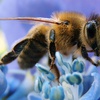
Citizens track bees
The University of Sussex has launched The Buzz Club asking people in the UK to become citizen scientists and track insects in their gardens. The project aims to explore the decline in bee numbers. More info here.



The University of Sussex has launched The Buzz Club asking people in the UK to become citizen scientists and track insects in their gardens. The project aims to explore the decline in bee numbers. More info here.

Western Australian recreational fishers continue to help scientists collect valuable information on species they catch...
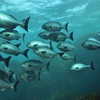
When it comes to helping each other out, it turns out that some fish are better at it than one might imagine. Read more in Science Daily.

King crabs may soon become high-level predators in Antarctic marine ecosystems where they haven't played a role in tens of millions of years, according to a new study led by Florida Institute of Technology. Read more at EurekAlert.
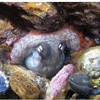
The Redmap team recently published an article in The Conversation...
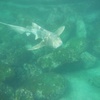
New research has found that sharks play an important role in preventing climate change, warning that overfishing and culling sharks is resulting in more carbon being released from the seafloor. Read the full story at ABC News.
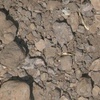
Citizen science, as you know, is sweeping the world in many fields; astronomy, climate, even cancer monitoring. Now you can have a go at spotting fossils in one of the prime sites in Africa where so many of our ancestors have been discovered. It's led by the renowned Louise Leakey in Kenya, along with Dr Randolph Donahue and others at Bradford. Randolph’s team at Bradford University has taken aerial photographs of …
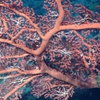
Researchers have used radiocarbon measured in deep-sea fossil corals to shed light on carbon dioxide levels during Earth's last deglaciation. Fossil corals have the unique advantage that they can be precisely dated by radiometric uranium-series dating, giving an age scale that can be directly compared to the ice core records. Read the full story at Science Daily.
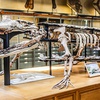
Since they arrived on the scene nearly 85 million years ago, crocodiles and their relatives have often suffered when things got cool or sea levels fluctuated. The changing climatic conditions cause scores of species to go extinct. So with the world warming up, could this be a renaissance for crocodiles, reptiles that date back to the time of the dinosaurs? Read the full story at CBS News.

Aboriginal society has preserved memories of Australia's coastline dating back more than 7,000 years. Read the full story in Science Daily.